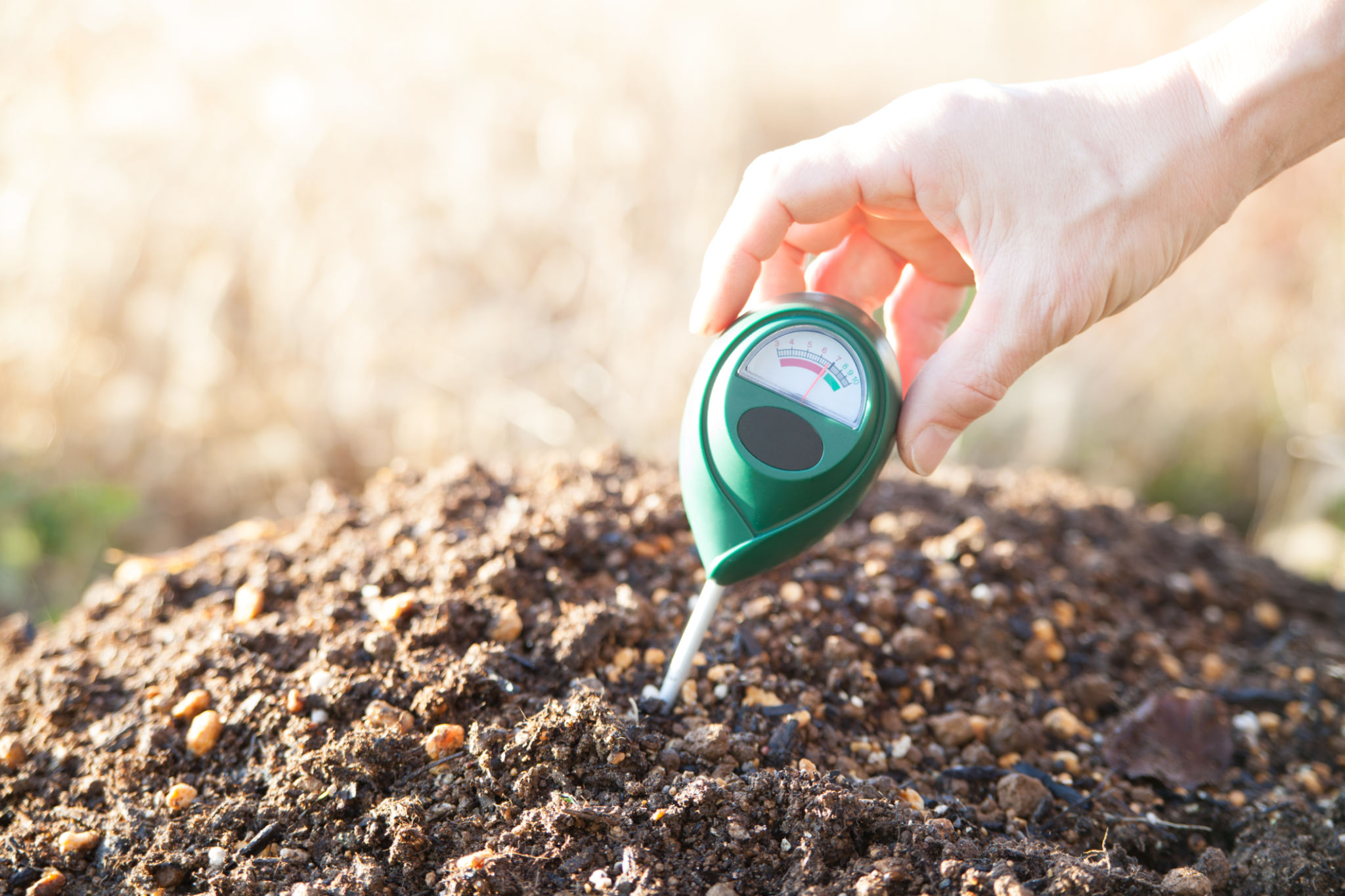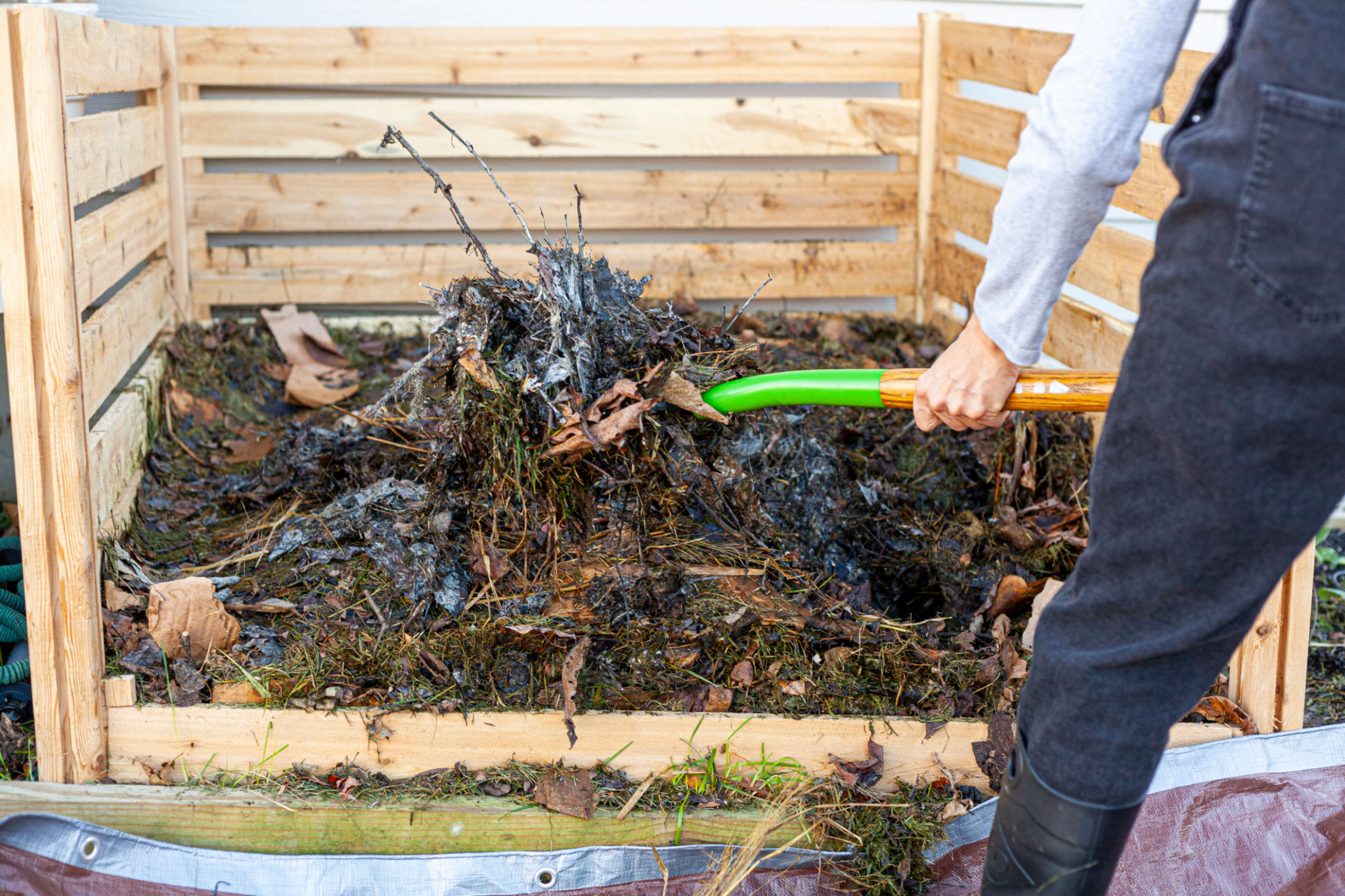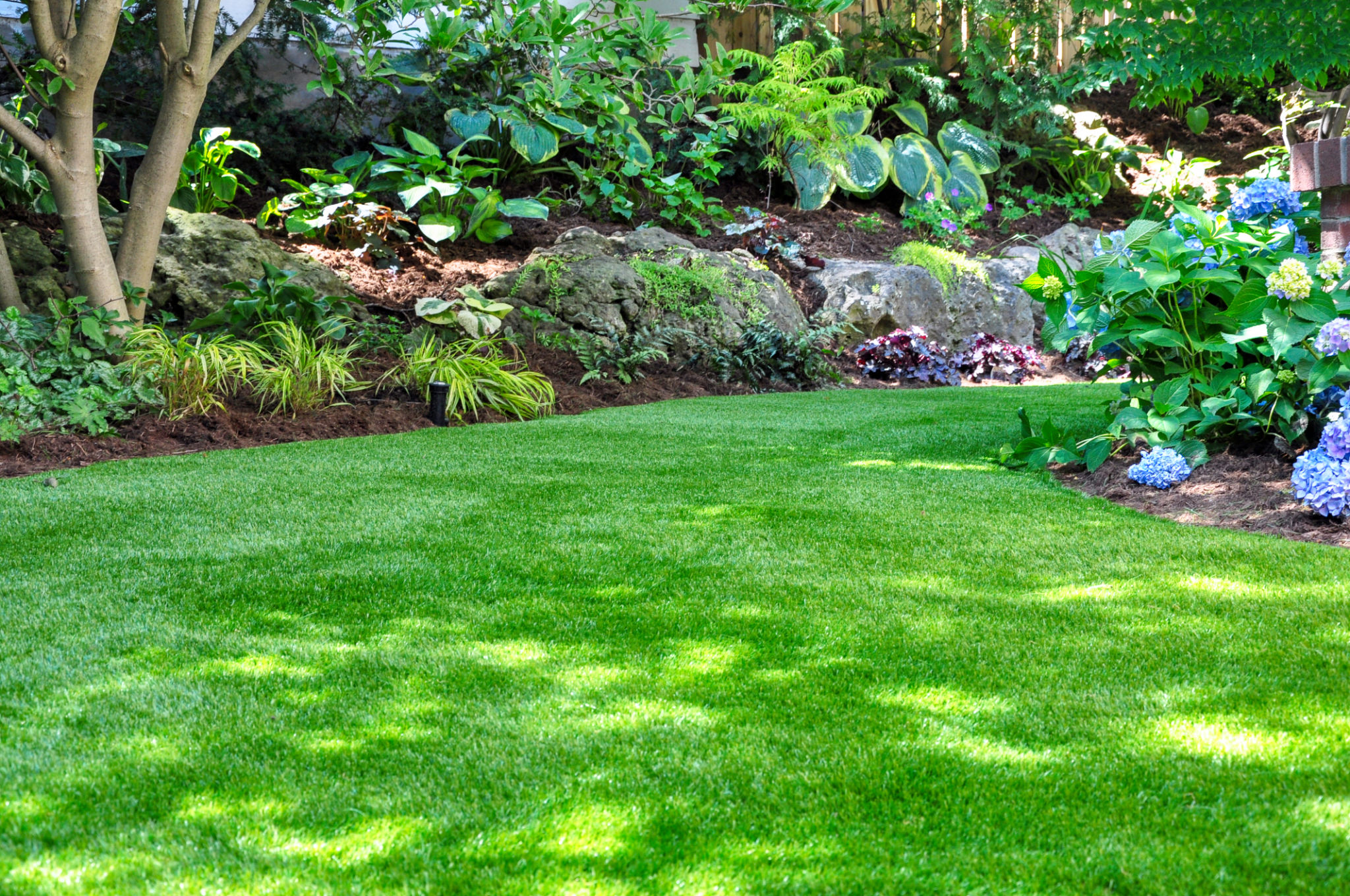Expert Tips for Maintaining Healthy Soil in the Western Suburbs
Understanding the Soil Composition in the Western Suburbs
Maintaining healthy soil in the western suburbs can be a rewarding yet challenging task. The soil here typically ranges from sandy loam to clay, which can affect drainage, nutrient availability, and plant growth. Understanding the composition of your soil is the first step in fostering a thriving garden. Conducting a soil test can provide invaluable insights into its pH levels and nutrient content.

Improving Soil Drainage
One common issue in these areas is poor drainage, especially in clay-heavy soils. To improve drainage, consider incorporating organic matter like compost or well-rotted manure into your soil. This not only enhances soil structure but also increases its ability to retain moisture without becoming waterlogged. Additionally, you may want to create raised beds to facilitate better water movement.
The Role of Organic Matter
Organic matter is a crucial component of healthy soil. It boosts nutrient levels, supports beneficial microorganisms, and improves overall soil structure. Regularly adding compost or mulch can significantly enhance soil health. You can create your own compost at home using kitchen scraps and garden waste, ensuring a sustainable cycle of nutrient replenishment.

Balancing Soil pH
The pH level of soil greatly influences plant health. Most plants thrive in slightly acidic to neutral pH levels (6.0-7.0). If your soil test indicates an imbalance, you can adjust the pH by adding lime to raise it or sulfur to lower it. Regular monitoring and adjustments are key to maintaining optimal conditions for your plants.
Encouraging Beneficial Microorganisms
Healthy soil is teeming with beneficial microorganisms that play a critical role in breaking down organic matter and releasing nutrients. To encourage these microbes, avoid over-tilling, which can disrupt their habitat. Instead, practice no-dig gardening and maintain a layer of mulch to protect the soil surface.

Implementing Crop Rotation
Crop rotation is an effective strategy to prevent soil depletion and control pests and diseases. By changing the types of plants grown in specific areas each season, you can disrupt pest cycles and allow different nutrients to be replenished naturally. Plan your planting schedule to include a variety of plant families for the best results.
Using Cover Crops
Cover crops are a fantastic way to enhance soil health during off-seasons. These plants, such as clover or rye, are grown primarily to cover the soil rather than for harvest. They help prevent erosion, suppress weeds, and improve soil fertility through their root systems and decomposition.
Incorporating these expert tips into your gardening practices can lead to healthier soil and more productive gardens in the western suburbs. With a bit of care and attention, you can create an environment that supports vibrant plant life and sustainable gardening.